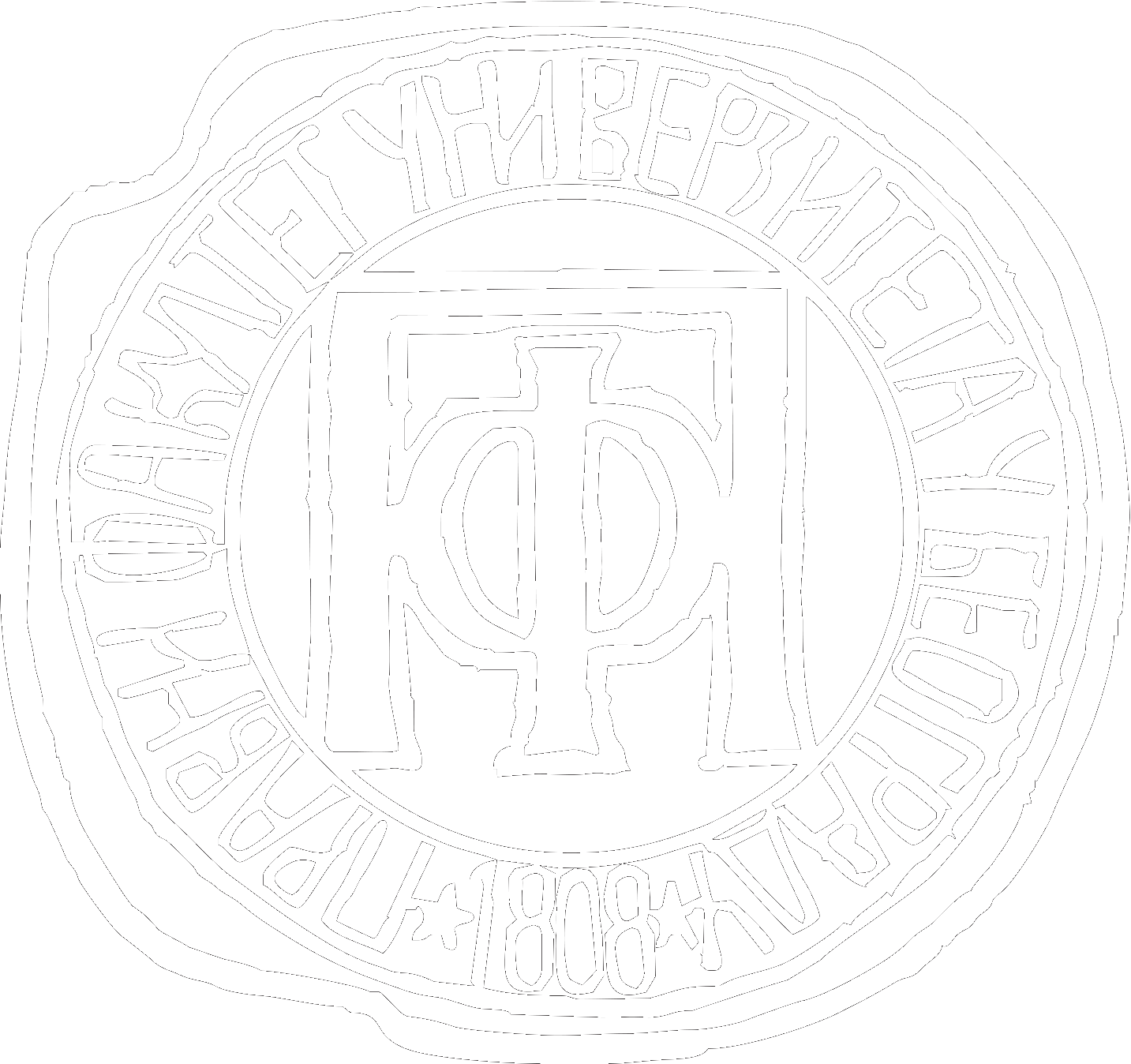Informal prison system in Brazil
Keywords:
Brazil; informal prison system; First Command of the Capital; SerbiaAbstract
The existence of the informal prison system in Serbia represents a phenomenon which hasn’t been explored enough so far and more attention should be dedicated to this question. At this moment, we could acknowledge with certainty that in any prison in Serbia there hasn’t been formed any organization which would have some similarities with the First Command of the Capital which exists within prisons in Brazil. However, except of the fact that in Serbia never happened a rebellion which tragic endings like for example the massacre which happened in the prison Karandzir, one can’t confirm for sure that there aren’t any other prerequisite for creating such of an organization. The conditions in our prisons are not at the satisfying level, which is reflected by the fact that in prisons there is often higher number of prisoners than what is actually the real capacity of the prison, the rights guaranteed to the prisoners by law or by regulations on prison house rules aren’t being fully respected, and it still sometimes happens that the prison employees apply unnecessary violence or some other type of prisoners torturing. Bad prison conditions include also the fact that the prisoners in Serbia have created their own informal system, that they mainly do respect rules of behaving which are prescribed by the last mentioned, and that sanctions are being applied for violating these regulations, that there is some mutual solidarity between them, and that rebellions aren’t unknown fact within Serbian prisons. All this together creates a fertile soil for the organization to be made and that organization would gather prisoners, as the one existing in Brazil. Creating of the organizations in Serbia, which would be a copy of the First Command of the Capital, is inadmissible and such type of a phenomenon should be prevented for many reasons. The organizators themselves of P.C.C. admit, or proclaim, and this can not be denied, that this is a criminal organization. Regardless some positive effects that this organization is achieving, it’s inadmissible to except or even worst to support the creation of any kind of criminal organization. One of the main rules prescribed by the Codex of P.C.C. is mutual support of the prisoners during their temptations of escape, and violation or these regulations which are prescribed by the organization itself there are adequate sanctions which consist of brutal beatings or the violator or even taking lives of such of a person. The prohibition of such type of a behavior is not necessary to explain particularly. However, we shouldn’t neglect the possibility that such thing could happen anyway, so in that context, these types of organizations in South America should be analyzed more closely, the real causes of their creation as well as their direction of acting should be discovered. At the same time, it should be studied the possibility for creating of this kind of organization in Serbia, and that type of a phenomenon should be prevented in time. Therefore, the question is being posed whether some kind of formal organizing of prisoners in an organization could be accepted and therefore allowed, and which wouldn’t emulate the P.C.C., but which would be an equal partner to the formal system in order to find a solution for the problems existing in prisons and in order to improve the life conditions within the Serbian prisons. If the answer to this question would be a positive one, the state organs should take the measures in time which would contribute to this kind of prisoners organizing, and which would have as a result and a contribution to prevent a creation of the organizations similar to the First Command of the Capital within our prisons.
Downloads
References
Atanacković, D. 1988. Penologija. Beograd.
Biondi, K. 2010. Junto e misturado, uma etnografia do PCC. São Paulo.
Ignjatović, Đ. 2000. Kriminologija. Beograd.
Ignjatović, Đ. 2006. Pravo izvršenja krivičnih sankcija. Beograd.
Ignjatović, Đ. 2011. "Žrtve krivičnopravnog sistema." Pravni život, no. 9, vol. I, Beograd.
Lazarević, L. J. 2006. Komentar Krivičnog zakonika Republike Srbije. Beograd.
Milutinović, M. 1992. Penologija. Beograd.
Radulović, L. J. 1999. Kriminalna politika, politika suzbijanja kriminaliteta. Beograd.
Stojanović, Z. 2006. Komentar Krivičnog zakonika. Beograd.
Stojanović, Z. 2010. Krivično pravo, opšti deo. Beograd.
Srzentić, N., et al. 1997. Krivično pravo Jugoslavije. Beograd.
Souza, F. 2007. PCC a fraccao. São Paulo.

Downloads
Published
How to Cite
Issue
Section
License
Copyright (c) 2012 Veljko Delibašić

This work is licensed under a Creative Commons Attribution 4.0 International License.
The authors retain copyright and grant the journal the right of first publication, allowing others to share the work with proper attribution to the authors and acknowledgment of its original publication in this journal.










